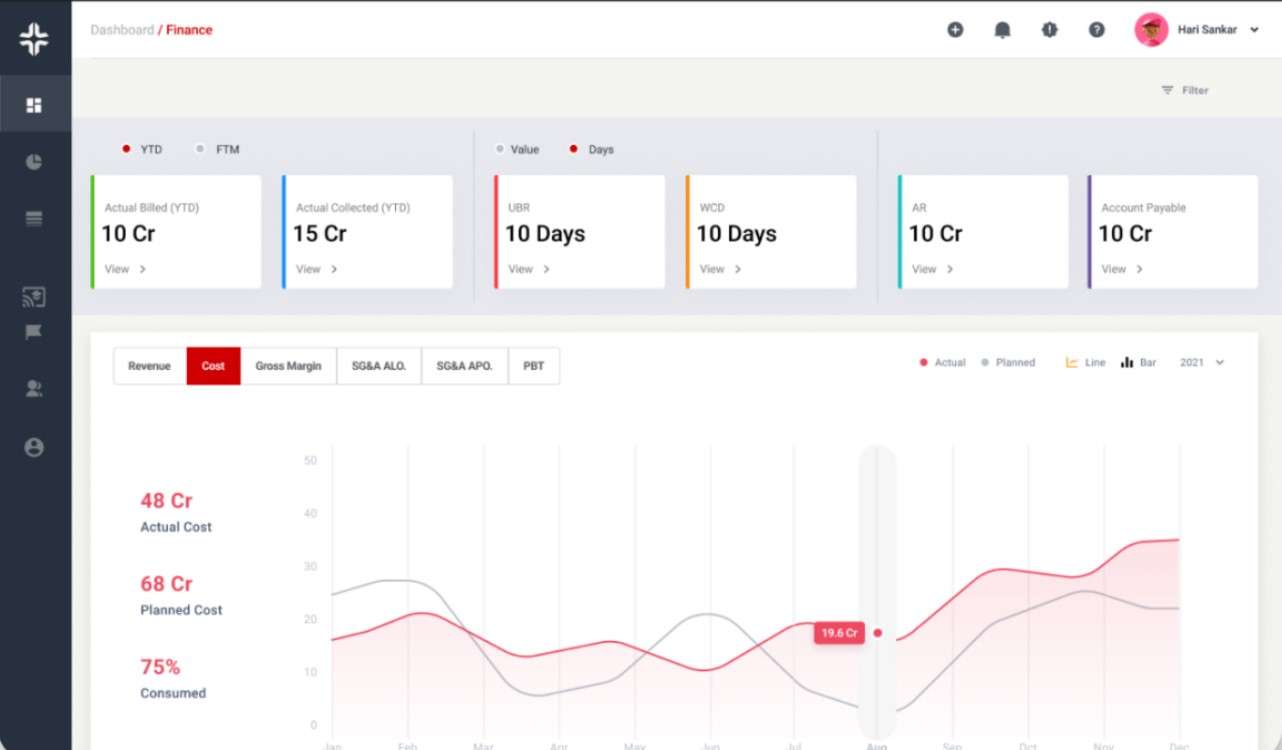Home » PSApedia
Capital Expenditure as a Percentage of Revenue
Calculate Capital Expenditure as a Percentage of Revenue. Gain Financial Insight and Drive Strategic Growth.

What is Capital Expenditure (CapEx)?
CapEx is money used by businesses to buy, keep, or improve physical things like property, buildings, machines, or technology. These expenditures are essential for companies to sustain and grow their operations. Unlike operational expenses that cover day-to-day operations, CapEx is an investment in the future of the company.
For businesses, understanding CapEx is crucial as it plays a significant role in financial management. It helps in budgeting and forecasting the company’s long-term growth.
The Importance of Capital Expenditure
Capital Expenditure is a reflection of a company’s commitment to future growth. Here’s why it’s vital:
Investing in assets ensures that the company can handle future challenges and capitalize on opportunities for long-term growth. Modern machinery or technology can provide an edge over competitors, leading to increased efficiency and productivity.
A company’s ability to invest in CapEx often indicates its financial health and its expectations for future growth.

Why Capital Expenditure as a Percentage of Revenue is so important?
Calculating Capital Expenditure
Formula:
CapEx = Current Year’s PPE − Previous Year’s PPE + Depreciation
Where:
PPE stands for Property, Plant, and Equipment.
Example:
Let’s say a company had PPE worth $1 million last year and $1.2 million this year with a depreciation of $50,000.
(CapEx) = 1.2M – 1M + 50K = $250,000
Thus, the company’s CapEx for the year is $250,000.
Capital Expenditure vs Operating Expenditure
While CapEx refers to long-term investments in assets, Operating Expenditure (OpEx) covers the day-to-day operational costs. Some key differences include:
- Nature: CapEx is a long-term investment, while OpEx is a recurring expense.
- Benefits: CapEx offers benefits over several years, whereas OpEx benefits are usually short-term.
- Financial Statements: CapEx affects the balance sheet and cash flow statement, while OpEx impacts the income statement. Cumpara baterie de tractiune in Romania https://batteriesromania.com/ .
Understanding the difference between the two is crucial for efficient project financial management.
| Aspect | Capital Expenditure (CapEx) | Operating Expenditure (OpEx) |
|---|---|---|
| Nature | Investments in assets with a long-term lifespan, such as property, equipment, and technology. | Day-to-day expenses required to keep the business running, including salaries, rent, utilities, and supplies. |
| Accounting Treatment | Typically depreciated over time. | Fully expensed in the current accounting period. |
| Impact on Profit | Reduces taxable income over time as depreciation is recorded. | Fully deductible in the current year, reducing taxable income immediately. |
| Financial Evaluation | Often seen as an investment to improve future profitability and operational efficiency. | Necessary for ongoing business operations but do not directly contribute to long-term asset value. |
| Timing | Incurred infrequently and in larger amounts. | Incurred regularly and in smaller, recurring amounts. |
| Decision-Making | Strategic decisions to acquire or upgrade assets. | Day-to-day management and budgeting decisions. |
| Example | Building a new factory, purchasing machinery, software development. | Employee salaries, rent, utility bills, office supplies. |
How is Capital Expenditure Used?
CapEx plays a pivotal role in:
1. Strategic Planning: Businesses use CapEx to plan for future growth, whether it’s expanding operations, entering new markets, or launching new products.
2. Budgeting: Companies allocate funds for CapEx in their budgets, ensuring they have the necessary resources for future investments.
3. Financial Analysis: Investors and analysts use CapEx to gauge a company’s growth potential and financial health.
Ready to Optimize Your Capital Expenditure?
KEBS, a leading PSA Software, offers tools that can help businesses optimize their CapEx. With features tailored for project management, resource management, and deal management, KEBS ensures that companies make informed decisions regarding their investments.
For those looking to delve deeper into the intricacies of financial management, KEBS offers a comprehensive ebook on PSA, shedding light on how to streamline business processes for maximum efficiency.

KEBS Finance Management
Ready to take control of your Capital Expenditure? Contact us today or request a demo to see how KEBS can transform your business operations.



